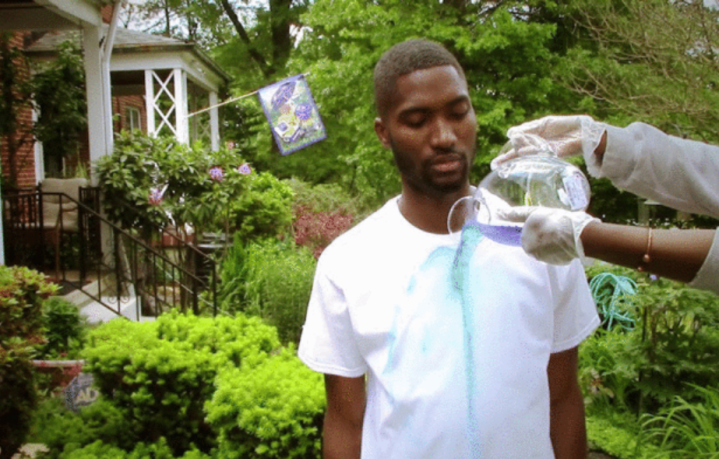
In theory, hydrophobic coatings are an undeniably enticing idea. With a quick spray-on treatment, they promise to create an invisible barrier around all of your gear, making it water repellent at the molecular level and thereby rendering it impervious to water damage.
In practice, however, these sprays aren’t all they’re chalked up to be. Take NeverWet for example. Before it ever hit store shelves last year, dozens of videos popped up on the web that touted the spray as a sort of universal waterproofer that could be used on everything from clothes to electronics. When we tried it out for ourselves, however, we were sorely disappointed. Not only did it fail to protect our electronics and clothes, it also left a hazy, abrasive residue on everything we sprayed, effectively ruining the clothes we used it on.
But NeverWet isn’t the only hydrophobic spray in the game anymore. Launching on Kickstarter today is a revolutionary new treatment called LiquidOff — a spray that’s been engineered from the ground up to work on clothing and fabrics.

In stark contrast to NeverWet, LiquidOff contains no toxic chemicals or aerosols that can be harmful to your health. So, not only can you apply it indoors without killing a boatload of braincells, you can also wear it against your skin without worry. Furthermore, in addition to hydrophobic chemicals, LiquidOff’s creators also incorporated special antimicrobial agents into the formula to fight off pesky bacteria and fungi.
But here’s the kicker — despite all the nifty chemicals that make it water and bacteria resistant, LiquidOff’s creators claim that the spray has no effect on the comfort, look, feel, or breathability of your clothing. We definitely won’t believe it until we see it firsthand, but if LiquidOff lives up to these promises, it may very well be the magical waterproofer we’ve all been waiting for.
The only problem, however, is that unlike Ross Nanotechnologies (the guys who developed NeverWet), LiquidOff doesn’t have a partnership/distribution agreement with RustOleum to quickly bring its product to market. Instead, they’re turning to the crowdfunding community on Kickstarter to gather up the funds needed for large-scale production. You can lock down a bottle of LiquidOff for a pledge of just 39 bucks if you act fast, and since all the complicated R&D has already been done, the company plans to ship to backers as early as September — assuming the project meets its $25,000 goal.
Find out more here.




